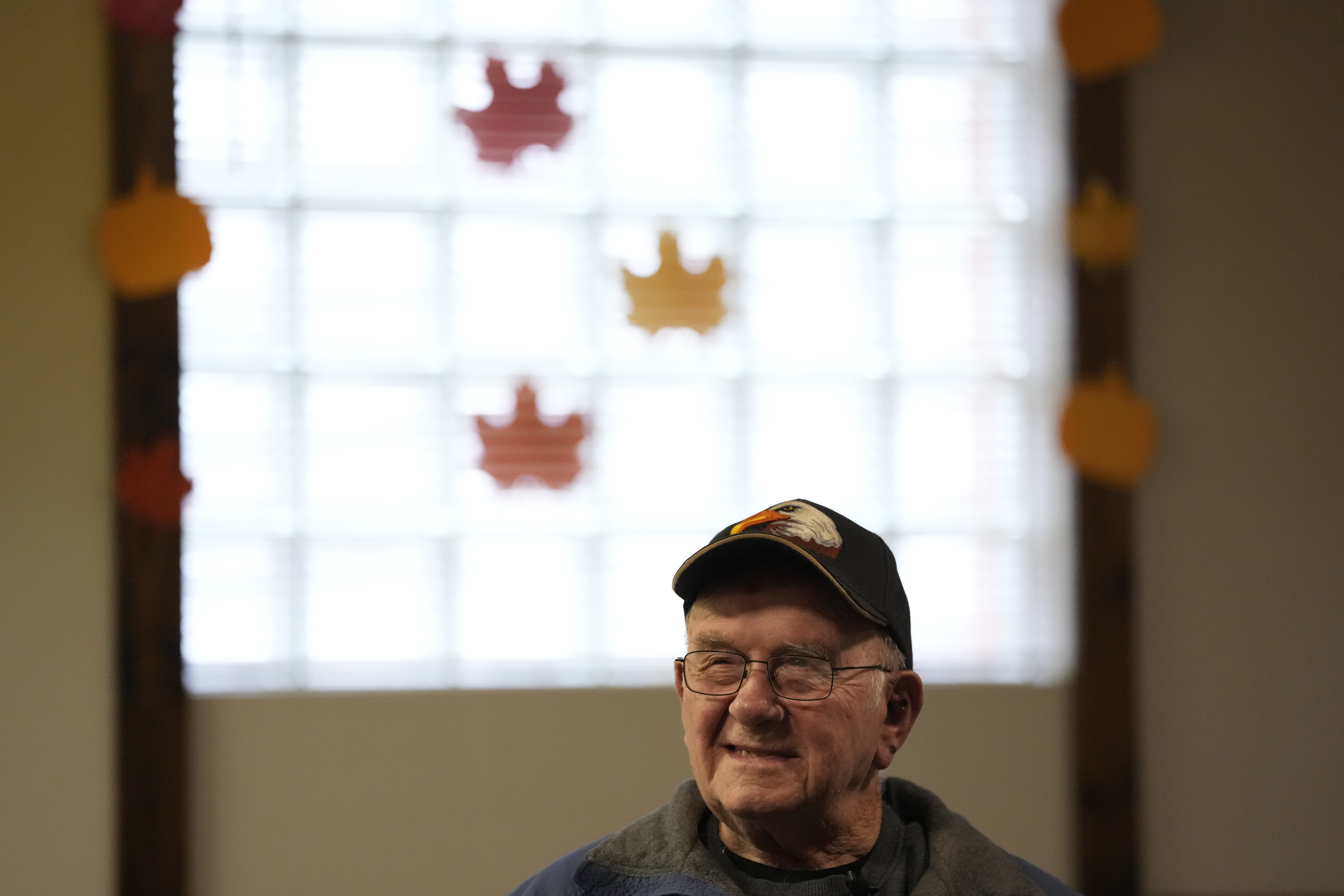When the gunfire erupted, students started running. And some started rolling.
Several students took to social media and showed the world what was taking place in real time.
"You need to think about barricading, looking for weapons, what you can do if you have to go to fight mode," said Maj. Rich Kuong. "Not sending out Instagrams, Snapchats."
Kuong runs Stronghold Ops in Abington, Massachusetts, where they train police and civilians on how to handle an active shooter.
Kuong calls it "wasted energy" to turn to social media.
"Their time is better spent thinking and focusing on what they need to do to make critical decisions to survive," said Kuong.
But Boston College social media professor Gerald Kane says the posts can provide evidence for law enforcement, and in a tragic case where someone may not survive, it allows them to share their story.
U.S. & World
"For some of them, it may have been their way of doing that," said Kane. "To make sure the world knew ... 'this is what's happening with me.'"
But even Kane says the videos and images can be startling.
"Our gut reaction is to think 'What were they thinking, are you absolutely crazy?'" he said.



